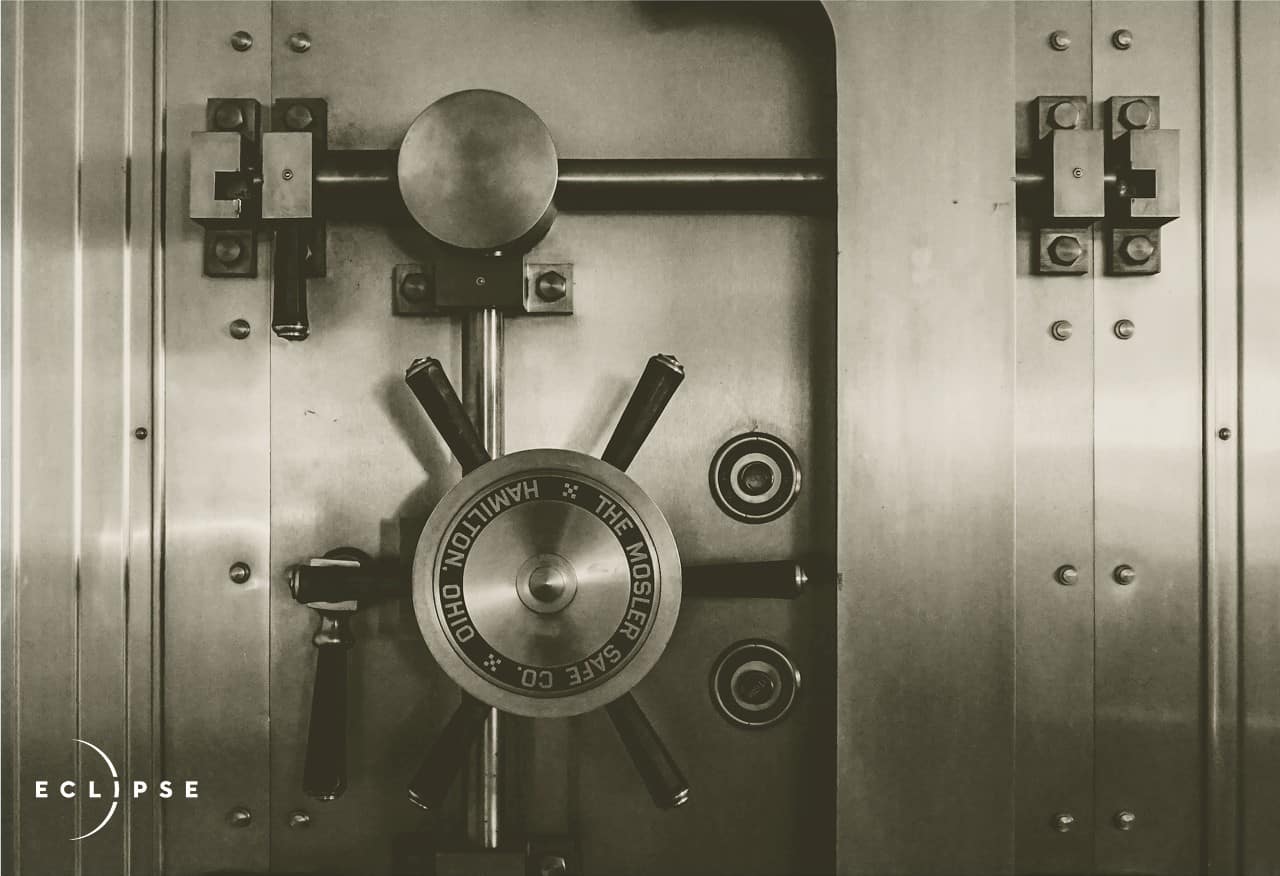I’m excited to share that Eclipse Ventures is continuing our partnership with Wayve to help accelerate its mission of reimagining autonomous mobility through embodied intelligence. We are pleased to lead the company’s $200M Series B round in partnership with D1 Capital Partners, Baillie Gifford, Moore Strategic Ventures, Linse Capital, Microsoft, Virgin, and others.
I first met Wayve’s founder and CEO, Alex Kendall, through my friend Mike Dempsey, a Partner at Compound and Wayve’s seed investor. Mike and I had mutual misgivings around AV 1.0 companies and their ability to scale due to their disjointed approach and high capital intensity. Mike met Alex coming out of Cambridge University, where Alex focused his research on machine learning (ML) and completed his PhD as a Woolf Fisher Scholar. Alex and I had several conversations around ML use cases that had been relegated to research only or had been used in different purely virtual application areas. These conversations fueled a greater understanding that these methodologies — and capabilities they enabled — within ML were picking up steam. So, I continued to dig in and ultimately, I reconnected with the Wayve team when they were raising their Series A. I was fortunate to have the opportunity to invest in a team that had the vision to believe AV2.0 could be a reality.
Wayve, the first company to deploy autonomous vehicles on public roads with end-to-end deep learning, is pioneering AV2.0: a next-generation autonomous system that can quickly and safely adapt to new driving domains anywhere in the world. Generally, the existing AV stack, what we call AV1.0, relies on an expensive and complex array of sensors, a highly segmented, rules-based software stack, and labor-intensive HD maps. Meanwhile, Wayve’s AV2.0 technology combines the advantages of a lean, camera-first sensing suite with the embodied intelligence of an end-to-end deep learning system that continually processes petabyte-scale driving data provided by Wayve’s partner fleets, including Ocado, Asda, and DPD. In layman’s terms, AV2.0 learns end-to-end with imitation learning and reinforcement learning to drive like a human, using computer vision to follow a route. Imitation learning enables its technology to copy behaviors of expert human drivers, while reinforcement learning allows the technology to learn from each safety driver intervention to improve Wayve’s driving policy. Unlike AV1.0, AV2.0 does not tell the car how to drive with hand coded rules — everything is learned from data. By building a more adaptable AV platform, Wayve is unlocking the potential to scale commercial deployments to other cities more quickly than the conventional self-driving approach, which typically relies on a complex array of sensors and is operationally limited by HD maps and rules-based control strategies.
The two biggest reasons that Wayve stands out are its leadership and its approach. Alex possesses many of the rare characteristics you need in a founder. A lot of engineers can build — and build brilliantly — but if you gave them a blank sheet of paper and said, “Go architect,” they would struggle. Not Alex. He is technically brilliant, but also creative. Alex is also the type of unique leader who checks the boxes for everything you look for in a great Founder CEO: charisma, unbridled ambition (without the arrogance), the humility to listen, and more. You often hear about this idea of a mission-driven founder, and it’s unmistakable that Alex was put on this earth to bring AV2.0 to life. Since investing in 2019, it has become even clearer to me that Wayve’s approach to autonomy is the superior approach to self-driving. AV 1.0 competitors are pursuing a form of autonomy that cannot scale or generalize its driving intelligence to new scenarios easily. In the past two and half years, we’ve seen that AV2.0 not only works, but that it has the capability to outperform AV1.0 — both in terms of raw performance across a given domain, in addition to the way it can scale commercial deployments to other markets more quickly than the first movers in the industry and create economic value.
At the time we led Wayve’s Series A, the team consisted of ~20 people. Now, the team comprises 125 of the best and brightest across various domains. Kaity Fischer came to us from Waymo and Aptiv (now Motional) and has an incredible background in BD and automotive. Vijay Badrinarayanan was the director of deep learning at Magic Leap and understands what it takes to productize ML-based systems. Jamie Shotton is one of the brightest minds in AI and joined us as Chief Scientist late last year. Haibo E joined from Deep Mind where she led the exploration of societally beneficial applications of ML. Dan McCloskey spent the last 15 years as a pioneer in the AV industry through his work at Google, Waymo, and Nuro. Leadership is important, but it takes a team of experts in their respective fields to credibly tackle a problem of this magnitude — “The space race of our generation,” as Alex is fond of saying. We have that team at Wayve. The best of the best, charging hard together to build a solution that will forever change the way goods and people move through the world. Good culture is a compounding force and I’ve never seen an organizational culture quite like Wayve’s.

The Wayve team at work
The team also solidified the partnerships necessary to build and scale a reliable AV 2.0 system. Through partnerships with top UK delivery services, Wayve can collect and learn from a robust fleet scale driving data set. With these commercial relationships, particularly Ocado Group and Asda, Wayve has the application partners needed to deploy the Wayve Driver across the UK and beyond. On the compute-infrastructure side, the Wayve team inked a deal with Microsoft to scale its machine learning platform for its embodied AI workloads, in addition to making an investment into the company. To have that type of support behind you is incredibly validating and speaks to the credibility of Wayve’s performance and differentiated approach.
Wayve has all the pieces in place to steer the industry onto the fast lane. It’s now up to us to go out and scale AV2.0, a system that’s already demonstrated the capability to safely, reliably, and autonomously navigate public roads it has never previously driven. I have no doubt the Wayve team is THE team to execute on this vision, and I’m excited for what’s to come.
Congratulations to Alex and the entire Wayve team on this incredible milestone!
Related Articles

Leveraging Robotics to Deliver Minimally Invasive Care to Heart Valve Patients: Our Investment in Capstan Medical
Read More
Unlocking Precision Medicine: Our Series A in Watchmaker Genomics
Read More
Enabling Secure and Compliant Data Collaboration: Our Series A in Decentriq
Read More
